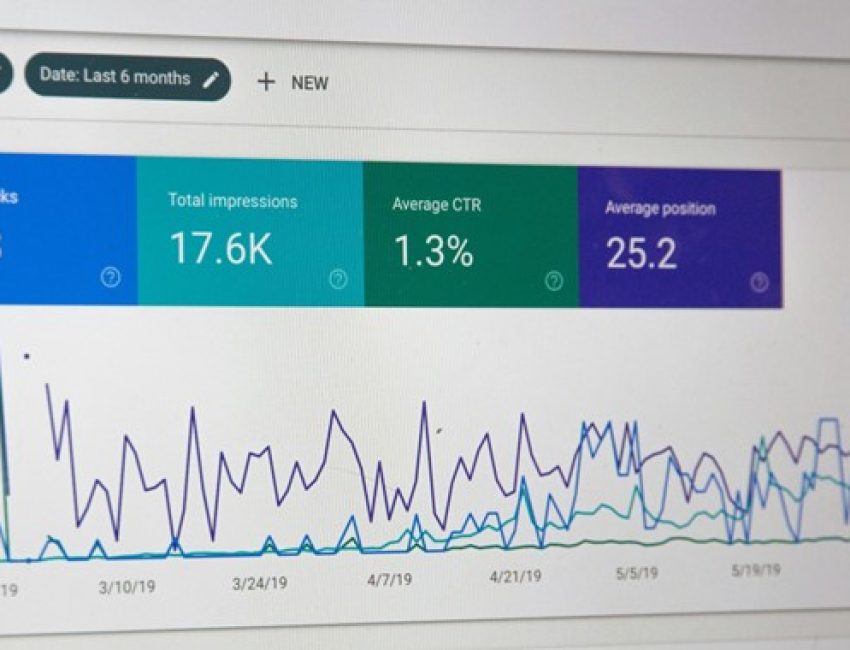It’s a great accomplishment for digital marketing professionals if their webpage hits the top of a popular Google search. However, if you want to keep it there, you have to keep up with current SEO trends. Your competitors may have new tricks up their sleeves, or there may be a shift in consumer preferences and needs.
There could also be changes to Google’s algorithm and the way that it ranks webpages. For instance, in the early days of SEO, stuffing a webpage full of keywords — regardless of how they fit the content — was a good way to get clicks. When Google caught wind of this, however, they began to penalize needless keyword stuffing. And the old acronym of qualities Google’s algorithm searched for in terms of quality content — EAT for Expertise, Authoritativeness, and Trustworthiness — has changed to EEAT for Experience, Expertise, Authoritativeness, and Trustworthiness.
So what are the SEO trends now? Let’s dive into some top SEO trends for 2024.
#1 – AI-Powered Google Searches
With generative AI growing in popularity, it’s no wonder that Google has added functionality for AI-powered searches. These AI-powered searches are called Search Generative Experience (SGE) and will appear at the top of most search engine result pages (SERP). Essentially when someone types in a question to Google, SGE will provide an AI-generated answer.
But that answer has been trained on content existing within Google’s search pages. SGE will continue to link relevant web content for more information. It’s too early to know how to fully optimize SGE at this point, but it’s certainly something to keep an eye on as we move further into the year.
#2 – More “Zero Click” Searches
An increasing number of Google searches end with no clicks at all — whether to paid ads or to organic links. In fact, SEMrush’s recent research indicates that as many as 57% of Google searches now result in zero clicks. This is because Google has designed their search engine to provide information upfront with side panels, Q&A tabs, and image previews, so that users can get the information they need quickly.
Thus you might focus on optimizing your webpages to have featured snippets and knowledge panels with respect to relevant searches, rather than simply getting clicks. Conduct some SEO research to see which questions are most likely to lead to these features and then consider publishing content that relates to that.
#3 – Further Emphasis On Authoritativeness
Authoritativeness is one of the key traits in EEAT (Experience, Expertise, Authoritativeness, and Trustworthiness) that Google’s algorithm considers when ranking the relevance and quality of web pages. Essentially, it means establishing your business as a reputable and established source on a particular topic. You can show authoritativeness in your content by backing up your points with hard data or links to other reputable sources. Long form content can also go a long way in showing authoritativeness.
One way that marketers like to build authoritativeness is by choosing a niche and creating pillar content. This means you will write one comprehensive long-form content piece about a particular niche, and then link back to it in several shorter pieces within that topic. If you can establish yourself as an authority in a niche, you’re more likely to do well with SEO this year.
#4 – Need For Originality
The downside to the AI takeover is that many companies have become too reliant on AI for their marketing — particularly with respect to written content such as blogs. AI can become helpful to get out written content quickly (as long as there’s a good quality check for errors), but with so many using AI, web content runs the risk of becoming the same tired topics over and over. Especially when you consider that AI needs content to train on. If AI begins training on AI written articles, you could end up in a great echo chamber.
There is certainly still a need for original, thoughtful content written by humans. Make sure that you don’t only use AI when generating content. Or consider using AI as a jumping off point, but then using original content and insights to flesh out the piece. It will make your webpages more engaging, and it will add that authoritativeness and trustworthiness that Google’s algorithm enjoys.
#5 – More First-Hand Experience
“Experience” is the most recent addition to the EEAT acronym. Consumers don’t like to deal in abstracts and empty statements. Backing them up with experience can make your content more engaging and boost your SEO. First-hand experience stories do particularly well because you’re talking about something you actually lived and worked through. It can also make the narrative more interesting. This is something that can’t be duplicated with AI content, which again, will make your pieces stand out.


